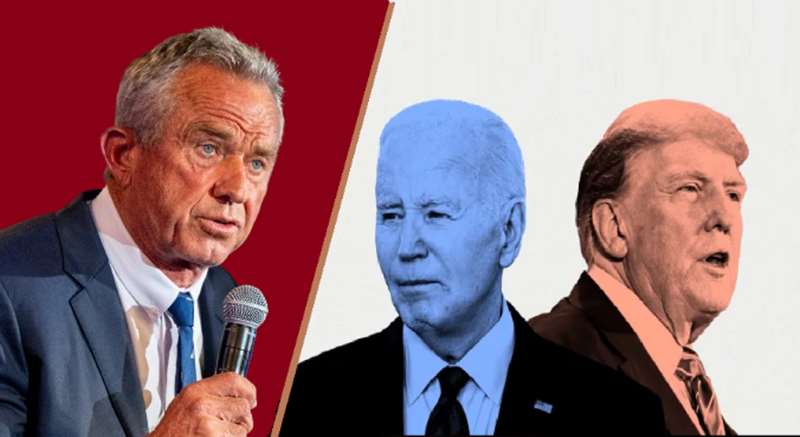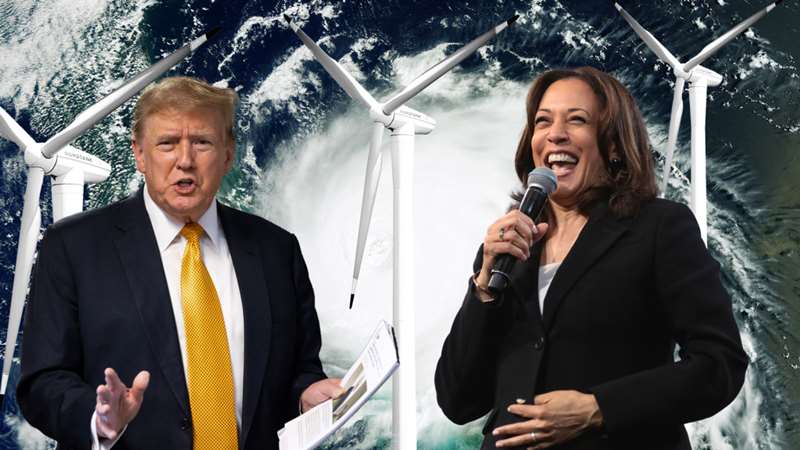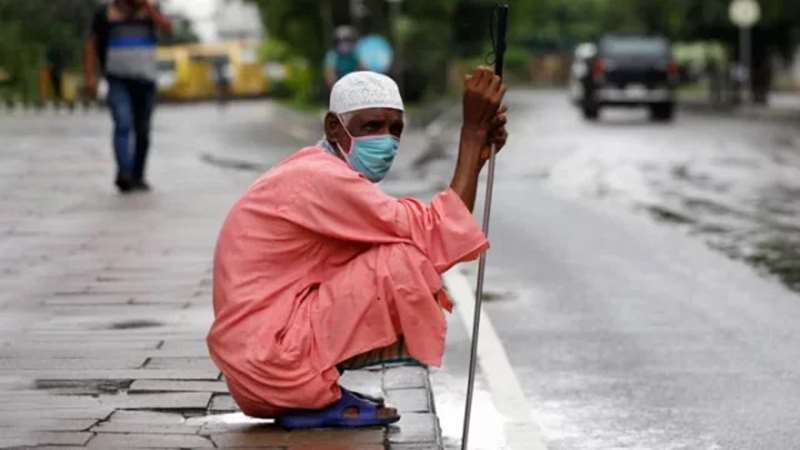RFK Jr. may sue CNN for suppressing controversy

independent candidate Robert Kennedy Jr.
The recent decision by former President Donald Trump and President Joe Biden to exclude independent candidate Robert Kennedy Jr. from their agreed-upon presidential debates has sparked significant controversy. Frank Fahrenkopf, co-chair of the Commission on Presidential Debates (CPD), suggests that Kennedy might have legal grounds to challenge this exclusion based on Federal Election Commission (FEC) rules. This report examines the legal, procedural, and political implications of this situation.
Background
On May 15, 2024, Trump and Biden agreed to participate in two campaign debates: the first on June 27 hosted by CNN and the second on September 10 hosted by ABC. One of the stipulations set by Biden was that no other candidates, including Robert Kennedy Jr., would be allowed to participate. According to The Washington Post, a Trump campaign official confirmed that CNN had assured them that Kennedy would not be included in the debates .
Legal Considerations
Fahrenkopf highlighted potential legal grounds for Kennedy to challenge his exclusion based on FEC rules. These rules require that debate sponsors use pre-established, objective criteria to determine candidate eligibility. If CNN made an agreement to exclude Kennedy without adhering to these criteria, it could be viewed as a violation of these regulations .
Kennedy's campaign has expressed confidence that he could still qualify for the June 27 debate by meeting CNN’s criteria by the June 20 deadline. The campaign hopes CNN will honor its commitment to free discourse and abide by its established criteria for candidate participation .
Procedural and Political Implications
The decision to exclude Kennedy from the debates has procedural implications for the CPD, which has been organizing presidential debates for over 35 years. The exclusion of the CPD from the debate process marks a significant departure from traditional practices. Fahrenkopf attributed this change to Biden adviser Anita Dunn and former White House Chief of Staff Ron Klain, both of whom have been critical of the CPD and advocated for debate process reforms .
Potential Legal Action
Fahrenkopf suggested that Kennedy might have a viable legal case against CNN, encouraging him to pursue legal action. Such a lawsuit could potentially force CNN to reevaluate its exclusionary decision and ensure compliance with FEC rules. This could set a precedent for how independent and third-party candidates are treated in future debates .
The exclusion of Robert Kennedy Jr. from the upcoming presidential debates raises important legal and procedural questions. The potential for a lawsuit against CNN highlights the need for transparency and adherence to established criteria in the debate selection process. This situation underscores the broader debate over the role of independent candidates in the electoral process and the influence of major party candidates on debate participation rules.
As the situation unfolds, it will be crucial to monitor the responses from the involved parties and the legal ramifications of any actions taken by Kennedy's campaign. The outcome could have significant implications for the inclusivity and fairness of the presidential debate process in the United States.
References
- The Washington Post, "Trump campaign official says CNN assured RFK Jr. will not be on the stage" .
- Politico, "Fahrenkopf suggests RFK Jr. may have legal case against CNN" .
- Playbook, "Fahrenkopf blames Anita Dunn and Ron Klain for CPD exclusion"










পাঠকের মন্তব্য